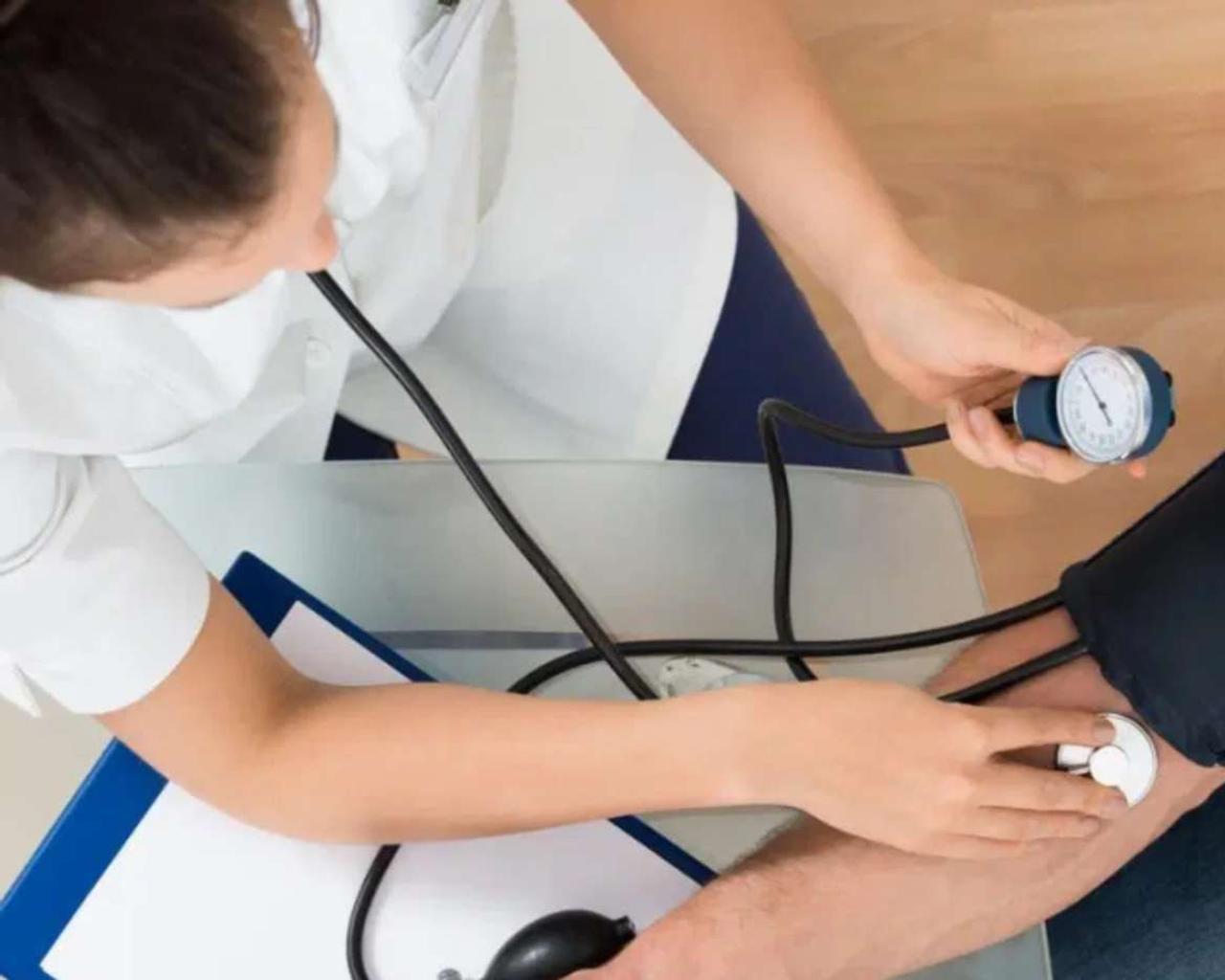Blood pressure can be regulated using millimeters of mercury.
Low blood pressure or hypotension is typically defined as reading less than 90 mmHg over 60 mmHg.
However, many doctors will only consider low blood pressure a problem if they have symptoms of this condition.
Low blood pressure is nothing to worry about if you don’t have symptoms. But, when low blood pressure causes symptoms, they can be signs that the organs are not getting enough blood.
If this happens for a long time, it can cause serious consequences, including:
- shock stroke heart attack kidney dysfunction
Natural medicine
Most people with low blood pressure do not need medication or medical intervention to raise their blood pressure. There are many natural ways and lifestyle changes to improve low blood pressure., including the following:
Eat more salt
Opposite to popular opinion, low sodium diets are not suggested for everyone with blood pressure problems.
People with low blood pressure should consider slightly increasing their sodium input to increase their blood pressure.
Avoid alcoholic beverages
Alcohol can lower blood pressure even more, so people with hypotension should avoid drinking excess alcohol.
Talk to your doctor about medications.
Low blood pressure can be a side effect of several medications.
If symptoms of this condition start after starting any medication, they should talk to their doctor about these symptoms.
Cross your legs when sitting
Crossing your legs when sitting has been shown to raise blood pressure. For people with hypertension, this can be a problem.
But crossing your legs can help people with symptoms of low blood pressure raise it with minimal effort.
Drink water
Drinking more water can help raise blood volume, asking one of the potential problems of low blood pressure. You can also avoid dehydration.
Eat small portions more often.
Eating small portions more often throughout the day can help with low blood pressure.
This is because small portions prevent the drop in blood pressure associated with eating larger and heavier amounts.
Wear compression stockings
Compression stockings help reduce the amount of blood that gets stuck in the lower legs and feet, moving it elsewhere.
Compression stockings are also used to relieve pressure and pain associated with varicose veins. You can buy them online.
Avoid sudden position changes.
Sitting up or standing up suddenly can cause a feeling of lightheadedness, dizziness, or potential fainting in people with low blood pressure.
In these cases, the heart does not pump enough blood throughout the body as quickly to compensate for the sudden change in position or elevation.
Be aware of symptoms.
If a person develops symptoms., low blood pressure is considered a problem. If no symptoms are present, low blood pressure should be regarded as a sign of good health.
People need to know the symptoms and understand what to look out for if low blood pressure starts to cause problems.
Causes
There are many potential problems of low blood pressure. In some instances, the underlying disease will need to be used to correct the hypotension.
Some of the more common causes include:
- nutritional deficiencies rest a lot pregnancy medicines severe infections allergic reactions a drop in blood volume Heart problems
However, low blood pressure can also be an indicator of good health if the person does not experience symptoms.
Symptoms
Share on Pinterest
Symptoms may not always be present. However, they can include fatigue, blurred vision, and trouble focusing.
Any people with low blood pressure have no symptoms. In these people, low blood pressure is usually not dangerous or a cause for concern.
But showing one or two symptoms can be a sign that there is a problem. Low blood pressure can cause the following:
- dizziness fainting inability to concentrate blurred or distorted vision sickness fatigue
Some people may have symptoms of low blood pressure just when they stand up. This is known as orthostatic hypotension. Usually, it is not dangerous unless changes in position cause the person to suddenly drop in blood pressure, which can cause a person to pass out.
In more extreme cases, low blood pressure can cause shock. Shock is a severe medical emergency caused by reduced blood flow through the body. It can damage organs at the cellular level.
Symptoms of shock include the following:
- rapid or shallow breathing clammy skin confusion or disorientation fast heartbeat weak pulse
